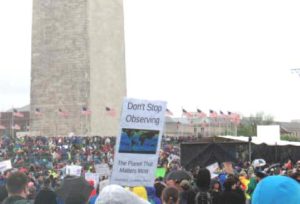 Volume 385, Issue 9966, 31 January 2015
Volume 385, Issue 9966, 31 January 2015
WORLD REPORT Even with a boost in funding for Ebola research, the US National Institutes of Health’s fiscal year 2015 budget is the lowest in years. Susan Jaffe, The Lancet’s Washington correspondent, reports.
During last year’s contentious congressional hearings investigating the US response to Ebola, the Obama Administration’s top health officials fended off criticism hurled by both Democrats and Republicans. But in another show of bipartisanship only a few weeks later, Congress granted nearly all of President Barack Obama’s request for emergency funding to combat the disease here and abroad.

NIH Director Francis Collins
In his State of the Union address earlier this month, the President expressed his appreciation: “In west Africa, our troops, our scientists, our doctors, our nurses, and health-care workers are rolling back Ebola—saving countless lives, and stopping the spread of disease”, he said, drawing applause from both sides of the aisle. “I couldn’t be prouder of them, and I thank this Congress for your bipartisan support of their efforts.”
Congress narrowly approved the US$5·4 billion emergency Ebola funding contained in the $1·1 trillion spending bill that kept the US Government running. But so far, it has done little to loosen the budget constraints on the National Institutes of Health (NIH)—even as a global health crisis such as Ebola reminded many lawmakers of its value. [MORE full text or PDF ] …


 The US Congress has become famous for political gridlock but s
The US Congress has become famous for political gridlock but s